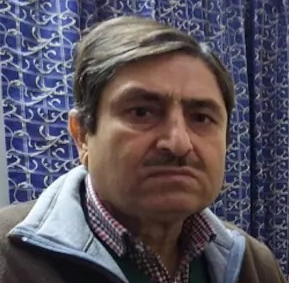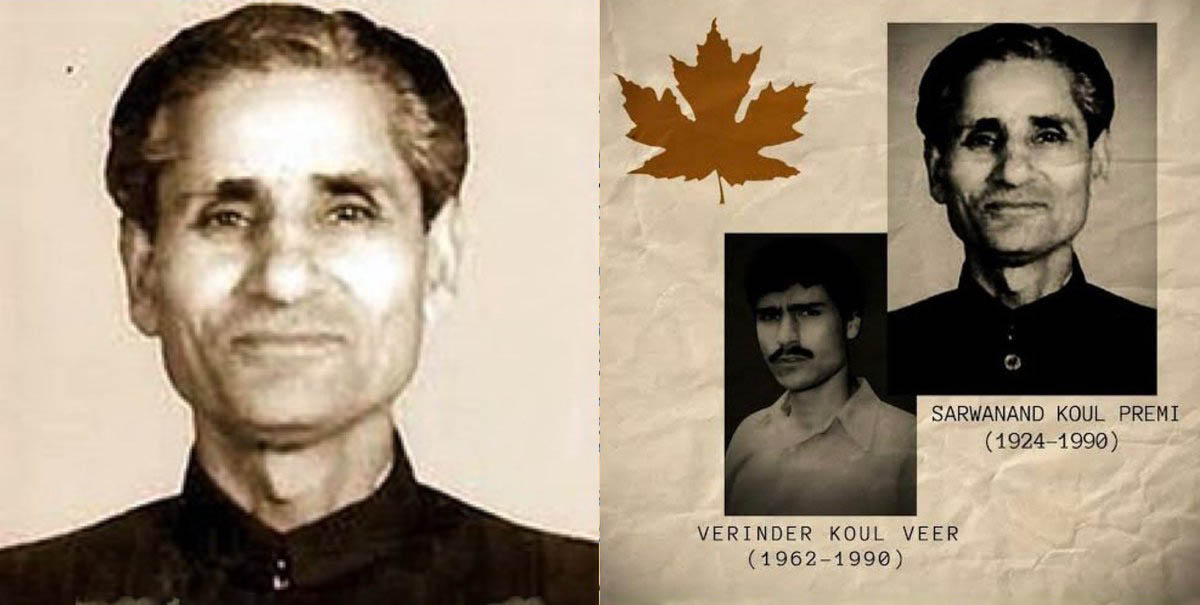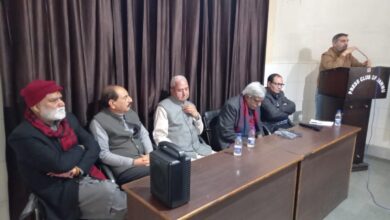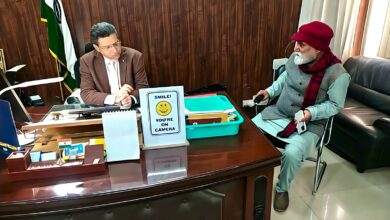Kashmiri Pandit Family Yearns for Justice After Decades of Suffering: Rajinder Premi Speaks Out

New Delhi, April 23, 2024: Following the National Human Rights Commission’s (NHRC) recent order (18.4.2024) criticizing the Jammu and Kashmir administration’s inaction in his family’s case, Rajinder Premi, a Kashmiri Pandit who lost his father and brother to militancy in 1990, spoke to the media, expressing his pain, frustration, and a glimmer of hope for long-awaited justice.
“The latest NHRC judgement has rekindled a ray of hope within my family,” shared Rajinder, his voice heavy with emotion. “We are optimistic that the J&K government will finally take action and deliver the justice we have been denied for over three decades.”
He recounted the harrowing experience of his family’s forced displacement from their ancestral home in Kashmir, following the brutal murders of his father, Sarwanand Koul Premi – a respected teacher, freedom fighter, and staunch advocate for Kashmiri secularism – and his younger brother. The tragedy left the Premi family shattered and grappling with immense loss.
Rajinder expressed his deep disappointment with the successive governments’ unfulfilled promises and apathetic approach towards their plight. He described the horrifying ordeal of the militant attack, during which their home was ransacked, looted, and eventually burned down, along with their cowshed and local temple.
Adding to their woes, the Premi family’s ancestral land was illegally encroached upon and seized, leaving them dispossessed of their rightful inheritance.
Rajinder expressed his profound disappointment with the empty promises made by the government at the time, highlighting the failure of successive administrations to address the plight of Kashmiri Pandit migrants and their lost properties.
He further lamented the false assurances and unfulfilled promises made by numerous political leaders who visited the family during those dark days of militancy, leaving them with a sense of betrayal and abandonment.
“We were left with nothing but broken promises,” Rajinder lamented. “The pain of exile and the constant struggle for justice has been unbearable.”
He detailed his tireless efforts to seek redress, starting with his 2008 petition to the NHRC, which was subsequently transferred to the J&K SHRC. After four gruelling years of hearings, the SHRC finally delivered a judgement in 2012, recommending various forms of relief for the family. Despite the recommendations being accepted by the J&K government and discussed in numerous high-level meetings, no concrete action was taken.
This forced Rajinder to approach the NHRC once again, seeking their intervention in ensuring justice for his family. Despite multiple directives from the NHRC to the J&K administration, the implementation of the SHRC recommendations and the NHRC’s own decisions remained stalled.
“It is the moral duty of the J&K government to restore justice for our victimized family,” Rajinder asserted. “We have suffered tremendously at the hands of militancy and deserve closure.”
While expressing gratitude to the central government for recognizing his father’s contributions to the freedom struggle and society through various initiatives, Rajinder emphasized that the family’s primary concern remains the resolution of their long-pending issues.
He appealed to J&K Lieutenant Governor Manoj Sinha and Chief Secretary Atal Dulloo for their personal intervention in ensuring swift action on the NHRC’s order and the implementation of the government’s own decisions.
“This would be the truest homage to my father, a great patriot, during his birth centenary year,” Rajinder concluded, his voice filled with a mix of hope and yearning.







